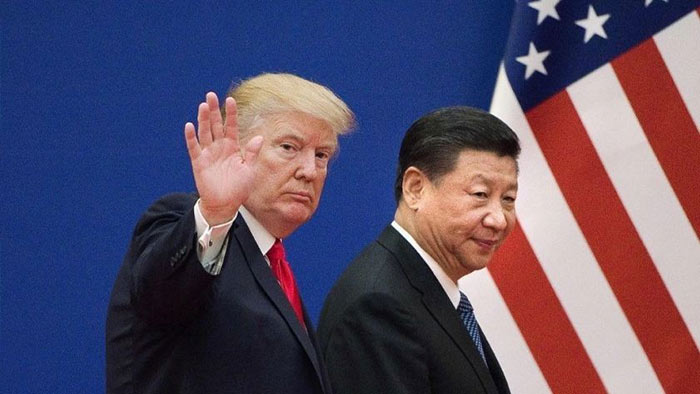Officials from the White House are in talks with Intel and TSMC executives about building new advanced chip manufacturing facilities in the US, reports the Wall Street Journal. Some US officials have also talked to Samsung about expanding existing contract-manufacturing operations stateside. For years US technology companies have been expanding manufacturing in East Asia, so if the tide can be rolled back it would be a significant U-turn.

Relying on advanced technology manufacturing in East Asia probably seems somewhat risky for the US administration, given the world's current geopolitical situation - with growing ire towards and mistrust of China, plus the ongoing Covid-19 crisis.
Evidence of Intel's willingness to adapt to the US manufacturing initiative comes via a letter from 28th April, obtained by the WSJ. In the letter, CEO Bob Swan told the US Defence Department that Intel is willing to build a commercial foundry in partnership with the Pentagon "given the uncertainty created by the current geopolitical situation." It is thought that the new facilities could boost Intel's contract manufacturing work in the US, as it already has some capacity for its own needs.
TSMC has similarly been in talks with the US Commerce and Defence departments, as well as Apple, about setting up a chip foundry in the United States. The Taiwanese firm confirmed to TechCrunch that "We are actively evaluating all the suitable locations, including in the U.S., but there is no concrete plan yet. It all depends on customers' needs".

Private companies might be keen to appear willing to bend to US political pressure but their first duty is, of course, to their shareholders. Many of the reasons they currently aren't as big in the US as the White House would like are very probably still relevant. Thus, there will need to be some incentives to invest in US production facilities and/or a package of disincentives to producing the same products overseas.
The US heads to the polls in early November this year. It would probably be a good idea for companies to dither and avoid any expensive commitments until after then.













